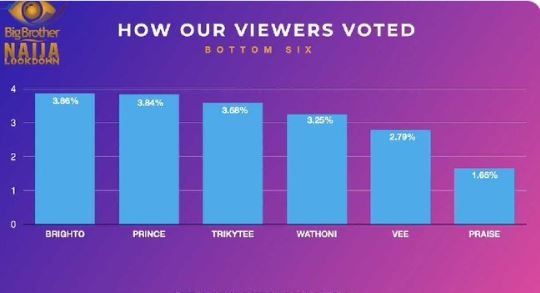Abubakar Suleiman, managing director of Sterling Bank, says the Central Bank of Nigeria’s decision to increase the cash reserve ratio of banks from 22.5 percent to 27.5 percent will not negatively impact the profitability of banks.
Speaking with Ogechi Ekeanyanwu on TheCable live interview, Suleiman said the system has been very liquid for a while now.
The CRR is used to determine the minimum deposit commercial banks must hold in reserves with the CBN rather than lend out. It influences funds available at the bank’s disposal to create loans.
“The increase in CRR during the pandemic itself is actually marginal, so we were already at 22.5 percent prior to the pandemic,” Suleiman said.
Advertisement
“So the real increase between 22.5 and eventually to 27.5 is five percent.
“Beyond the fact that it represents a significant accumulation of liquidity that has not yet been deployed, which means that the banks increasingly have access to liquidity if they ever need it, it would be a squeeze on profitability to the extent that what goes into CRR cannot go into treasury bills or bond.
“But I think that loss of revenue… the banks will make up for it with a lower cost of funds because generally, the cost of funds has reduced significantly over the last two quarters. Specifically on the back of the fall in the yield on treasury bills.
Advertisement
“So the yield curve has dropped significantly and therefore what you lose by putting up additional cash reserve, you gain because your cost of fund is much lower.
“So you’ll find as banks start to publish their results that over the last two quarters, there will be no significant impact on their profitability arising from CRR.”
To ensure compliance with the CRR rule, the CBN has been debiting the excess from the banks.
Earlier in August, Fitch Ratings had said the CRR debits will negatively impact the earnings of banks and projected that banks’ revenue will drop by at least 20 percent in 2020.
Advertisement
Add a comment






